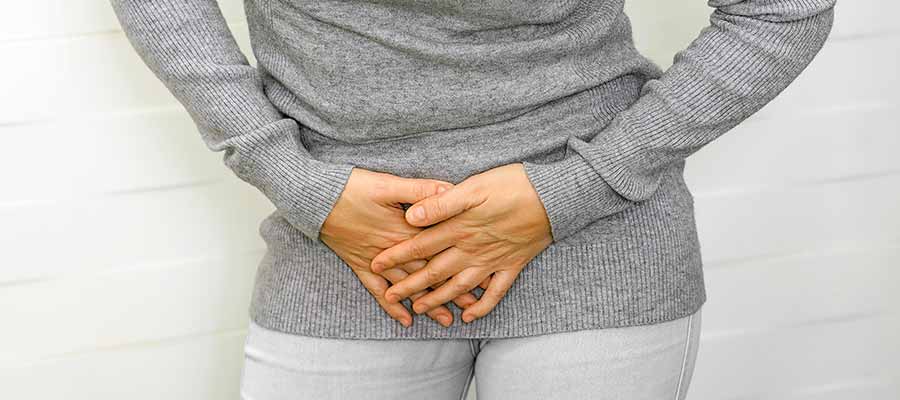Home » Las Vegas NV Urinary Incontinence Treatment
You cannot copy content of this website, your IP is being recorded
Urinary Incontinence Treatment Clinic Near Me in Las Vegas, NV
Urinary incontinence can be a cause of discomfort and embarrassment for many individuals. Addressing urinary incontinence often involves a comprehensive approach that considers the health of the bladder and urethra, as well as the various underlying causes, as assessed by board-certified physicians like those at Evolve Gynecology. For more information, please call us or text us today or book an appointment online. We are conveniently located at 851 S. Rampart Blvd #260, Las Vegas, NV 89145.

ADDITIONAL SERVICES YOU MAY NEED

ADDITIONAL SERVICES YOU MAY NEED
*In case of a life threatening emergency, immediately call 911.
**For any medical procedure, patients respond to treatment differently, hence each patient’s results may vary.
***The photos on this website are for illustrative purposes only. The individuals pictured are models unless explicitly identified as a client/patient/customer/staff/employee.
****Information on this site is not intended or implied to be a substitute for professional medical advice, diagnosis or treatment. All content contained on or available through this site is for general information purposes only.
*****By using this website and sending us your information, you are giving us permission to contact you by electronic and non-electronic means. We also track the conversions and collect user data to improve marketing.
******If you are vision-impaired or have some other impairment covered by the Americans with Disabilities Act or a similar law, and you wish to discuss potential accommodations related to using this website, please contact us.







